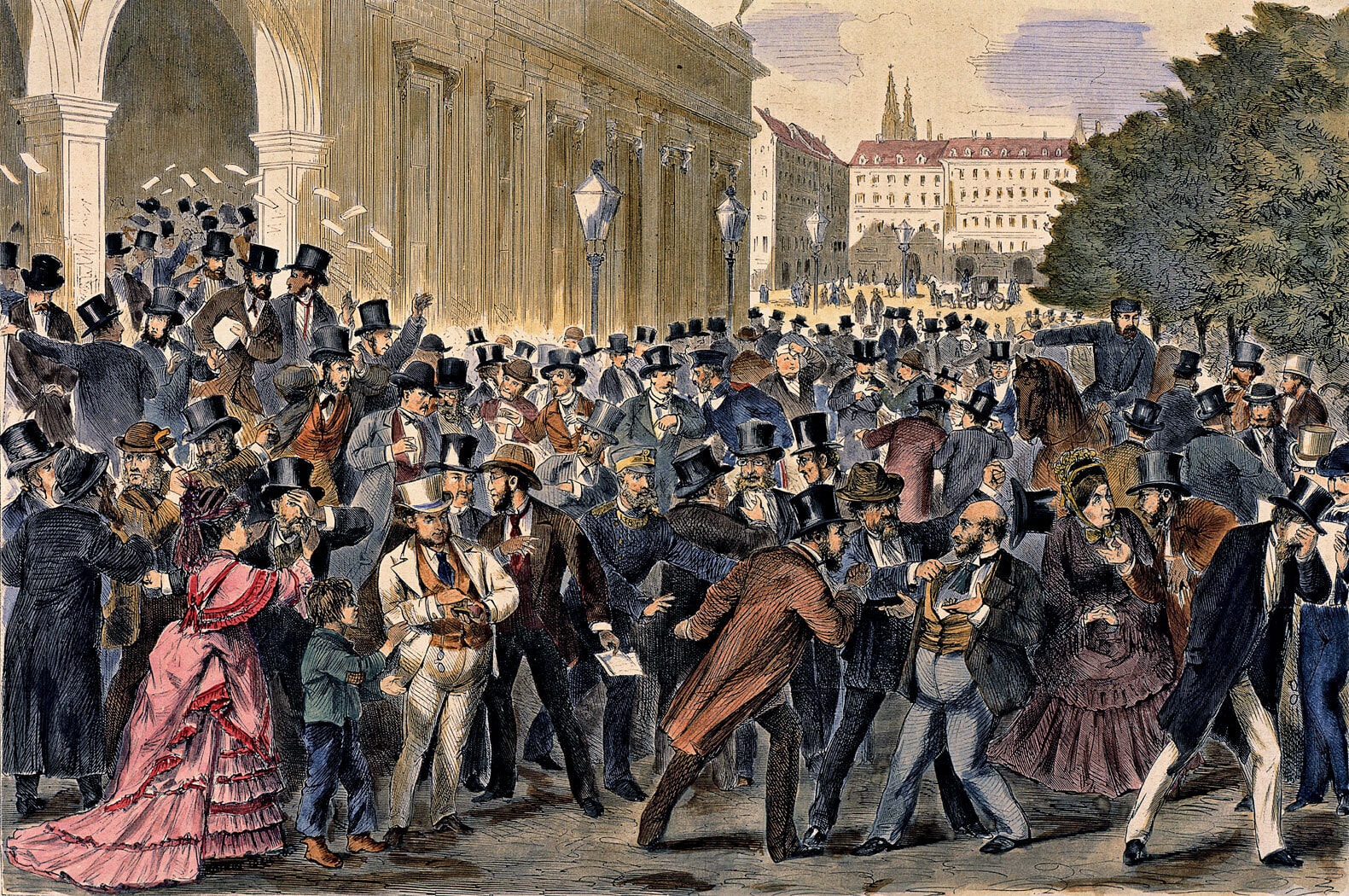Why young leaders need to speak out on Europe
Stay up to date:
The Digital Economy
Europe needs to get its swagger back. We need to stand up taller and push those shoulders out. With all the coverage of the economic crisis in Greece, we’ve forgotten some of the positive stories. That was the conclusion of a group of Young Global Leaders (YGLs) brought together by the World Economic Forum at their Annual conference in Geneva to discuss the Future of Europe.
Europe is an economy that’s growing but you wouldn’t know that from the headlines, inevitably focused on the crisis in Greece. While Eurozone growth in Q2 was a bit disappointing at 0.3% on the quarter, we expect domestic demand to grow this year at its fastest rate since the financial crisis supported by low oil prices and stronger consumption. There’s no doubt there are still plenty of challenges for Europe, not least the challenge for the younger generation who are facing much higher unemployment rates than their parents had to deal with, but there’s also plenty to shout about.
Europe has been at the forefront of presenting solutions to the world’s global challenges including climate change, from the adoption of renewables in Germany, to the pace of improved energy efficiency in the UK. And many companies within Europe have embraced the circular economy, with disruptive technology a catalyst for looking at how products can be designed to be reused. Or taken advantage of the digital economy to match those who have needs with those who have unused resources to foster growth in the sharing economy. These new business models have the digital economy at their heart.
So to really capture its growth potential, Europe needs to keep accelerating towards a workable digital single market. It’s made tracks on this recently. The digital single market aims to facilitate trade in goods and services across the web in the same way the single market in tourism transformed our holidays. Wouldn’t it be great if you could travel between countries on the same mobile phone package? Or shop in any EU country, confident you are getting the same deal as other EU consumers? For entrepreneurs, a simpler, common set of regulations on labelling to marketing would help them to reach Europe’s 500 million consumers better and more effectively.
To facilitate this, we need reliable, high speed internet connections across Europe. Good digital infrastructure boosts growth, creates job and improves the access to learning and other facilities. According to the European Commission, connecting 10% more households to high-speed broadband could generate up to 1.5% GDP growth and create 20 million more jobs by 2020.
But yet we’re not hearing enough of these positive stories. Of how companies in Europe have grasped new business models or how the harmonization of policy is paving the way for these businesses to grow. We’re not hearing enough from the young in Europe who see and create the real opportunities from technology. YGLs vowed to get these voices heard. Let’s make sure we listen.
Author: Rain Newton-Smith, Director, Economics, Confederation of British Industry
Image: The map of Europe is featured on the face of a two Euro coin seen in this photo illustration taken in Rome, December 3, 2011. REUTERS/Tony Gentile
Don't miss any update on this topic
Create a free account and access your personalized content collection with our latest publications and analyses.
License and Republishing
World Economic Forum articles may be republished in accordance with the Creative Commons Attribution-NonCommercial-NoDerivatives 4.0 International Public License, and in accordance with our Terms of Use.
The views expressed in this article are those of the author alone and not the World Economic Forum.
Forum Stories newsletter
Bringing you weekly curated insights and analysis on the global issues that matter.
More on Economic GrowthSee all
John Letzing
July 17, 2025
William Dixon
July 16, 2025
Aengus Collins
July 15, 2025
Guy Miller
July 15, 2025
Aaron Sherwood
July 15, 2025
Heba Chehade and Rene Rohrbeck
July 15, 2025





